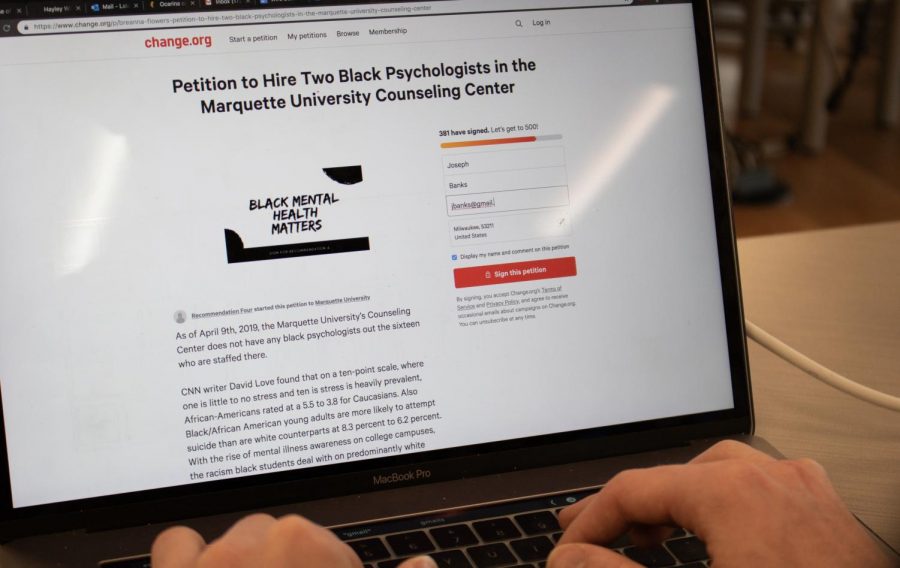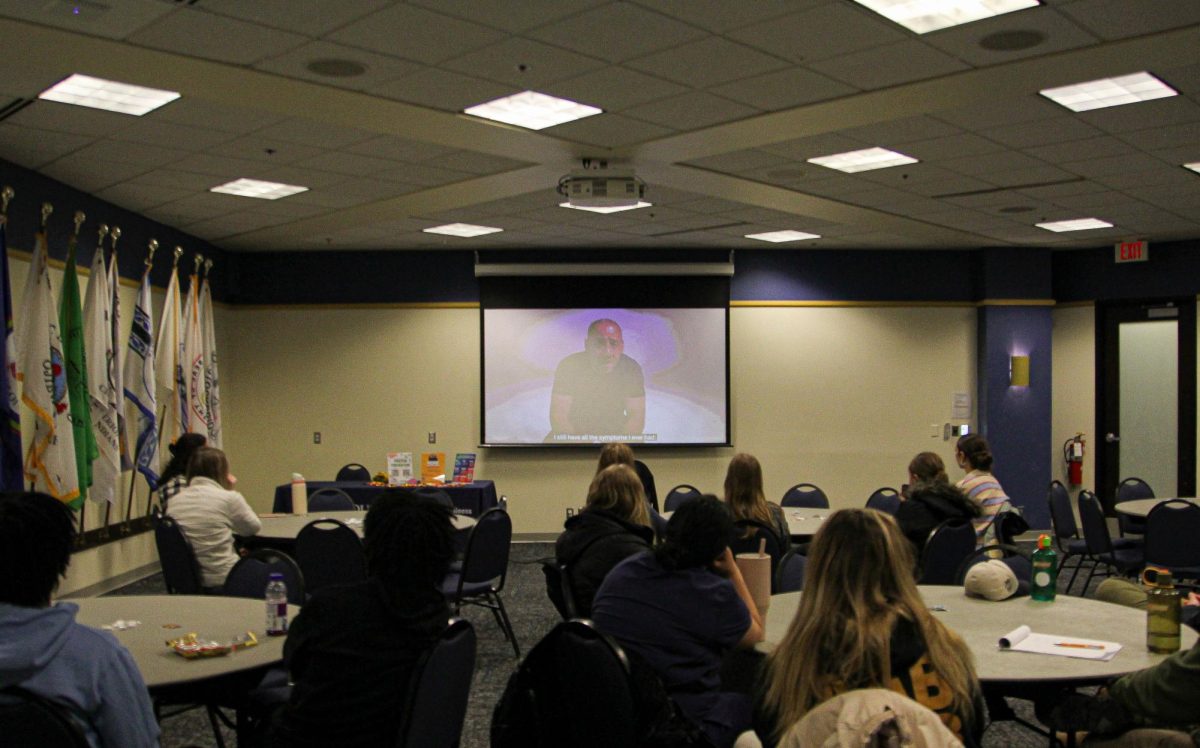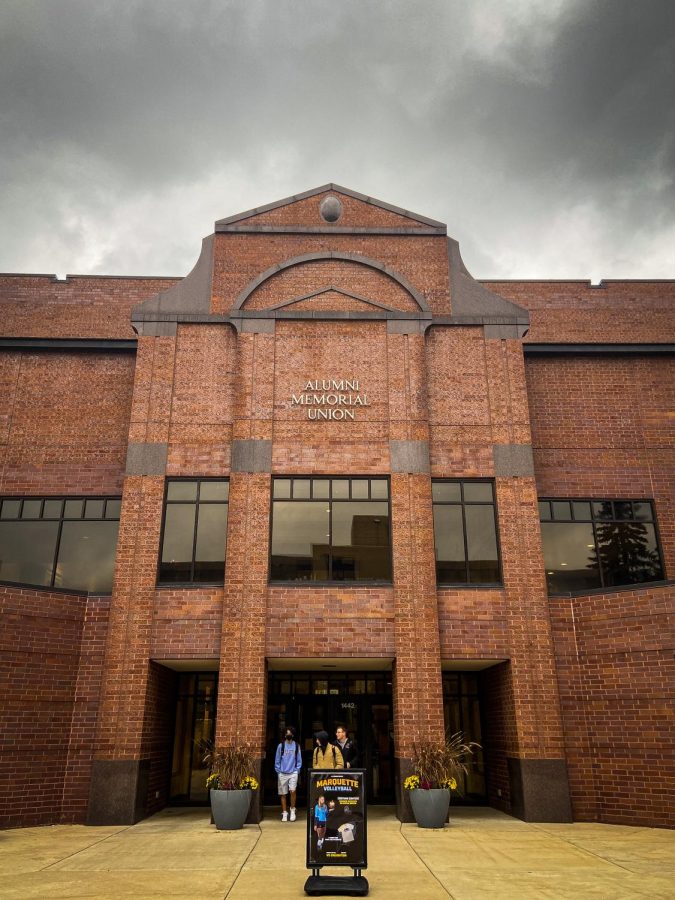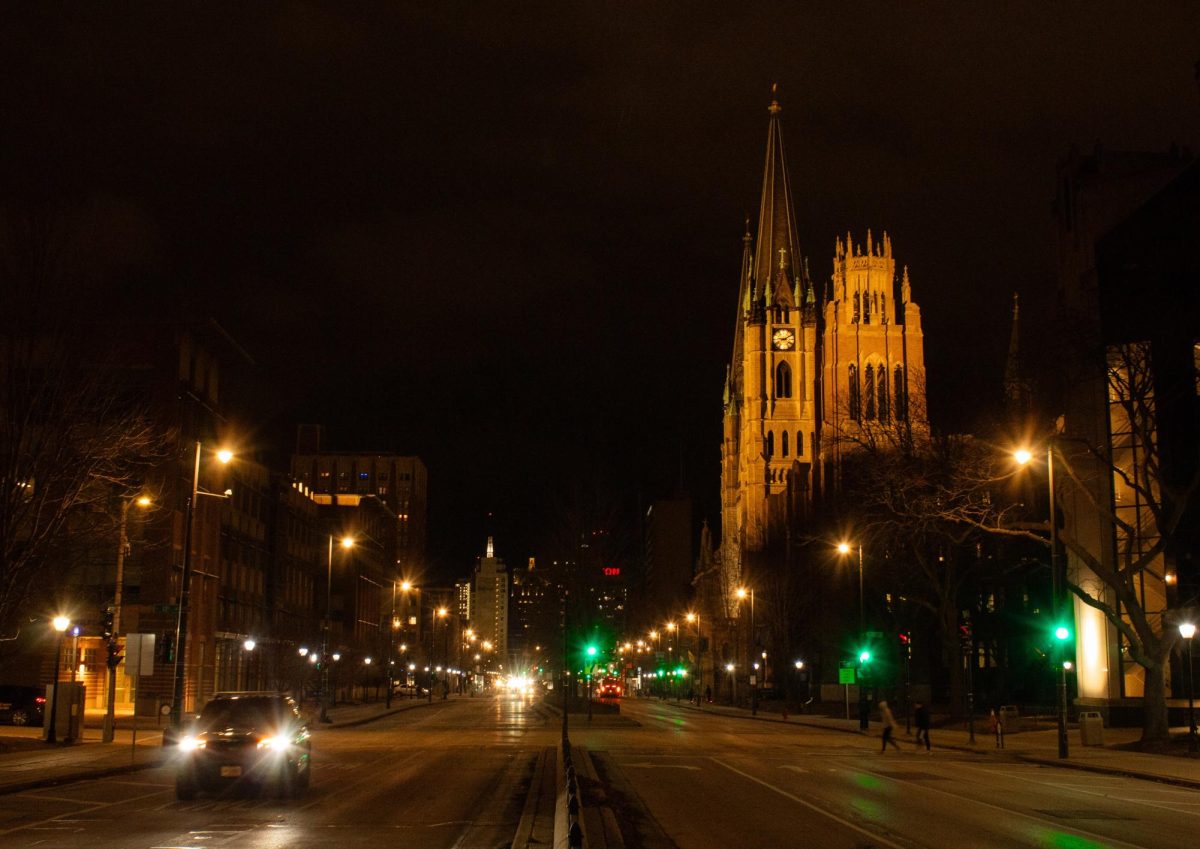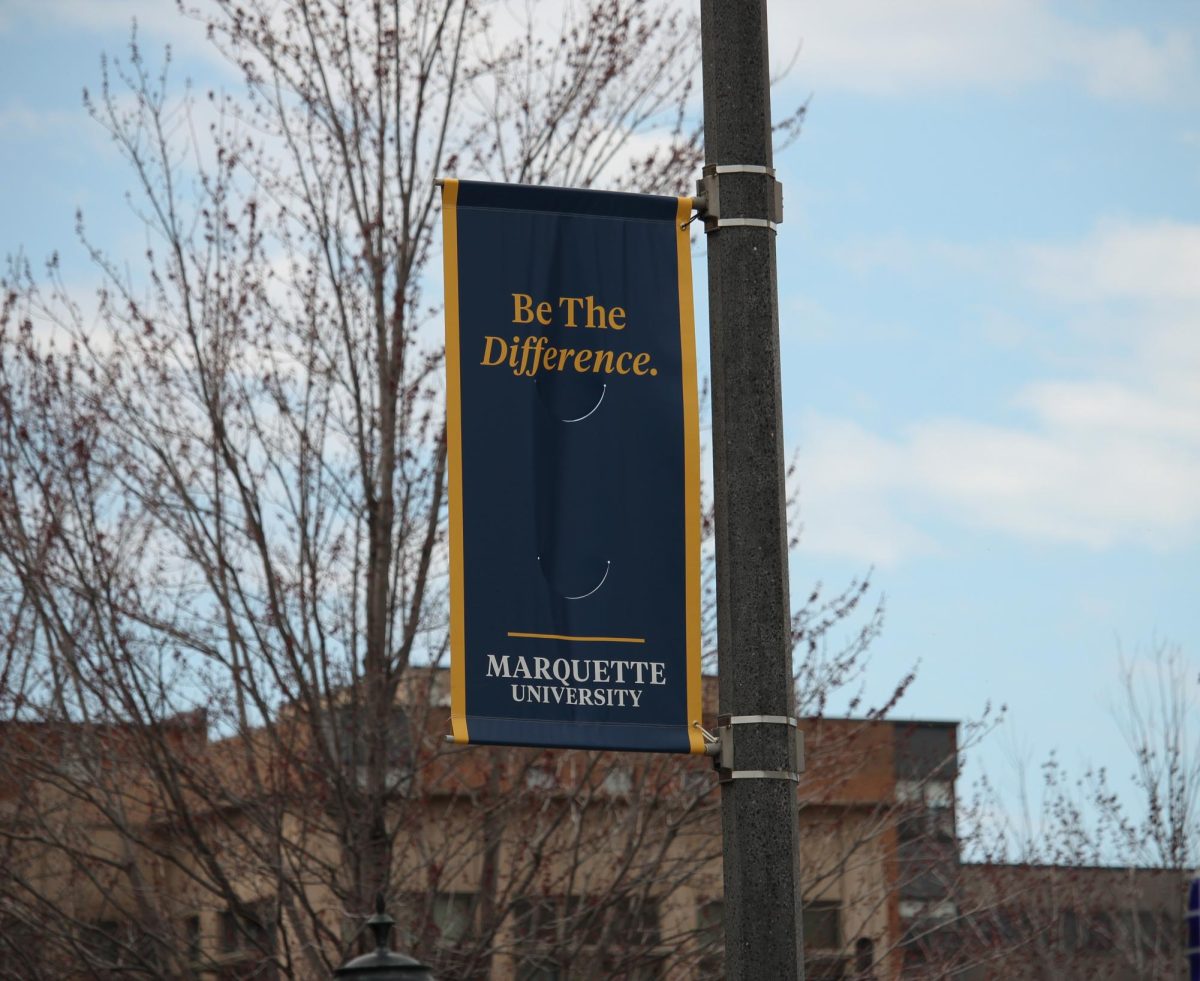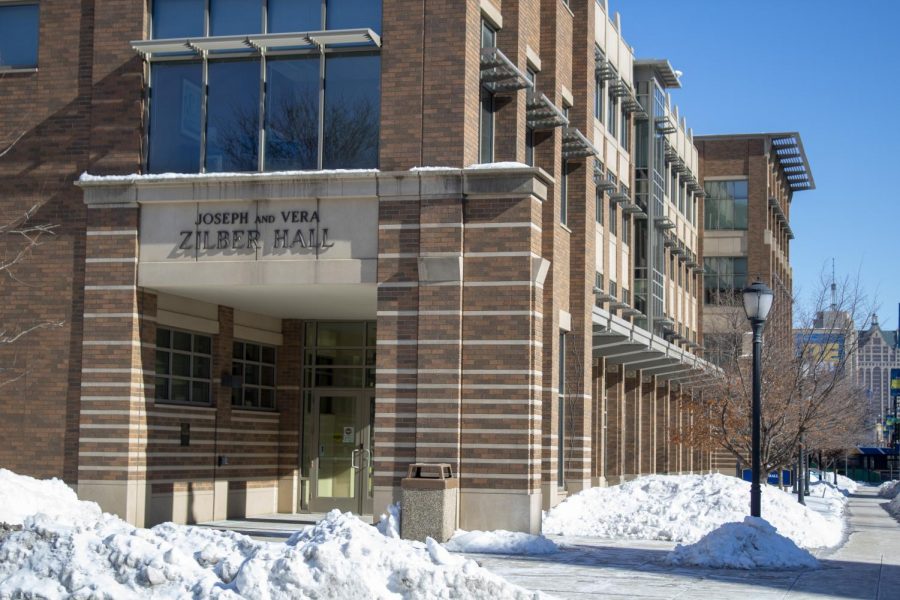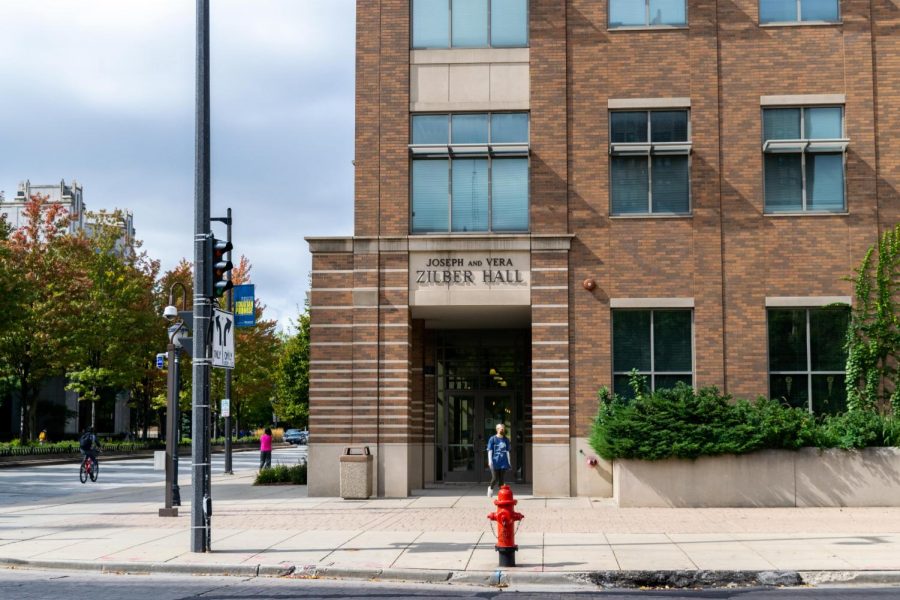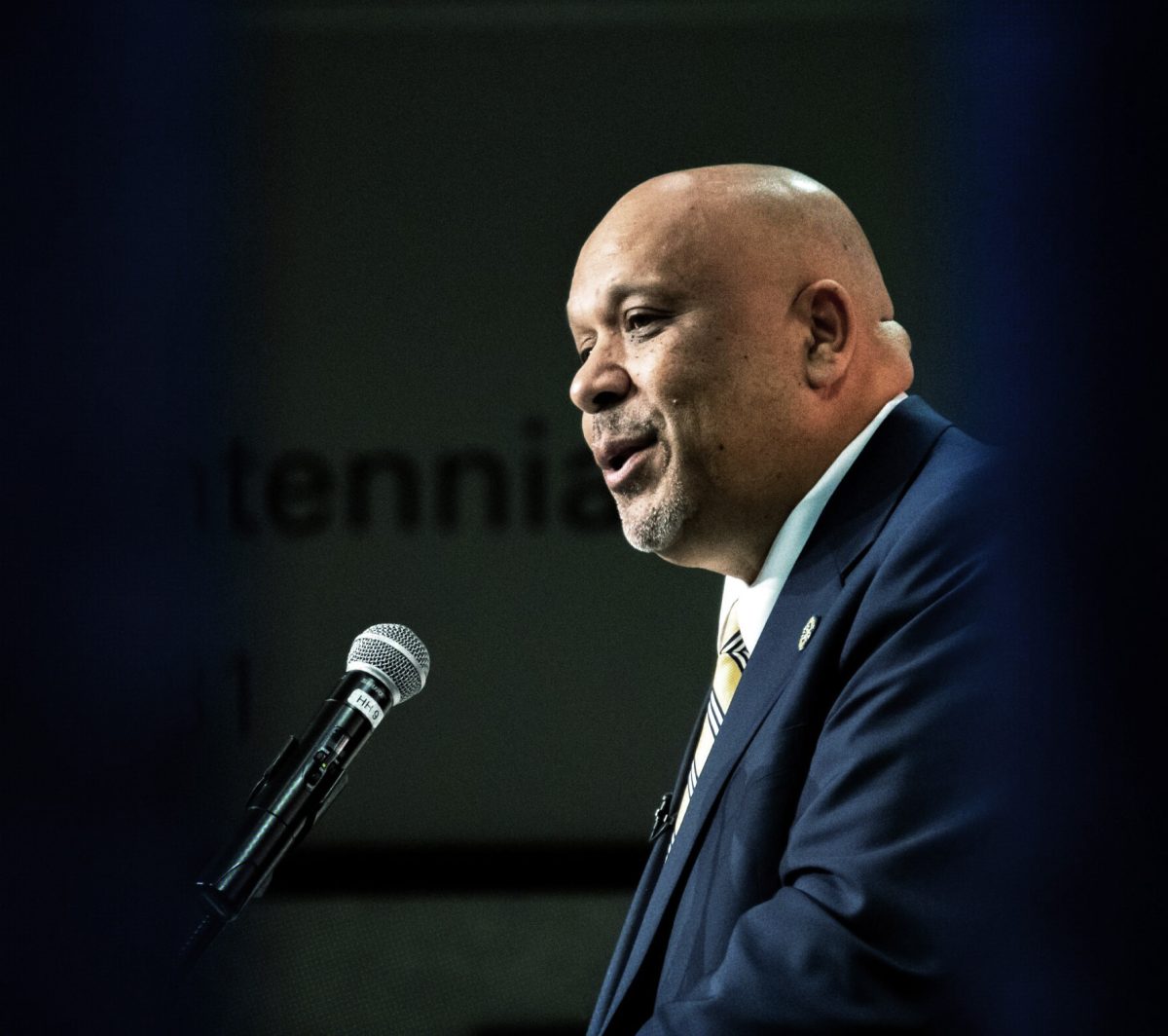Four Marquette University students, Breanna Flowers, Corrine Flowers, Sierra Jones and Dillon Lively were bothered when they found out that none of the 16 licensed psychologists at the university’s counseling center were African American. The students decided to create a petition April 9 to hire two black psychologists for Marquette.
Lively, a freshman in the College of Communication, said the idea stemmed from the students’ personal experiences in the Counseling Center.
“When I went to the Counseling Center, I saw a white woman,” Lively said. “She was very nice and knowledgeable, but she didn’t have the cultural context to understand a lot of what I was talking about. I felt like I needed to explain a lot of things to her. And while there is a time and place for this education, it doesn’t belong in a student counseling session.”
This petition on Change.org is accompanied by legislation the four students are writing to Marquette University Student Government will recommend the university hires the psychologists. The petition currently has 381 signatures.
Breanna, a sophomore in the College of Communication, said she had a negative experience in the Counseling Center due to this gap in cultural awareness.
“It went well in the beginning, but I didn’t feel like (the counselor) understood my problems so I stopped going,” Breanna said.
Corinne, a junior in the College of Arts & Sciences, said the lack of black psychologists discouraged her from going to the Counseling Center altogether.
“I had issues where I wanted to go to the Counseling Center, but I didn’t feel welcome,” Corrine said. “The representation just wasn’t there, and students need to feel they can go there to get help.”
Marquette has 421 black students in undergraduate and graduate programs, all of whom are eligible to receive help at the Counseling Center, according to Marquette’s fall 2018 data from Office of Institutional Research and Analysis.
Marla Guerrero, counselor and diversity coordinator at Marquette’s Counseling Center, said she identifies as a woman of color, specifically Latina, and has experience working with several students of the same background.
“Many students of color have shared with me that because I self-identify as a person of color, they feel comfortable and understood,” Guerrero said in an email. “This also goes for black identified clients who originally requested to see a black female counselor and were scheduled with me as the only woman of color counselor currently on our staff. Many shared with me that not being black was not a barrier in their experience with me.”
Guerrero said she recognizes that a lack of black psychologists can be an issue for some students.
“I do understand that for some students of color, including black students, having a counselor who looks like them and may have shared experiences can often help strengthen the therapeutic relationship/alliance, which ultimately can help improve mental health outcomes,” Guerrero said in an email. “
Guerrero said support the increase of representation and diverse staff in the Counseling Center because Marquette will continue to grow in its students diversity and the university must keep up with this trend across colleges and university across the country.
Breanna said the students met with administration members from the Office of Student Affairs and the Counseling Center to discuss their concerns, and she said the conversations went well.
“The administration seemed to show they cared,” Corrine said. “It’s something that should have already happened, but they said they will keep working on it.”
Guerrero said that while Marquette doesn’t currently have plans to hire more psychologists, the university may change this in the future.
“At the moment, we are fully staffed, so we are not in a position to fund additional counselors. However, we will always take great care to consider diverse candidates in any future hiring we do,” Guerrero said in an email.
Lively said that as a freshman, she always hears about Marquette’s commitment to social justice and hopes it follows through with this initiative.
“You always hear about ‘cura personalis’ and I really think this is a part of that idea,” Lively said.

